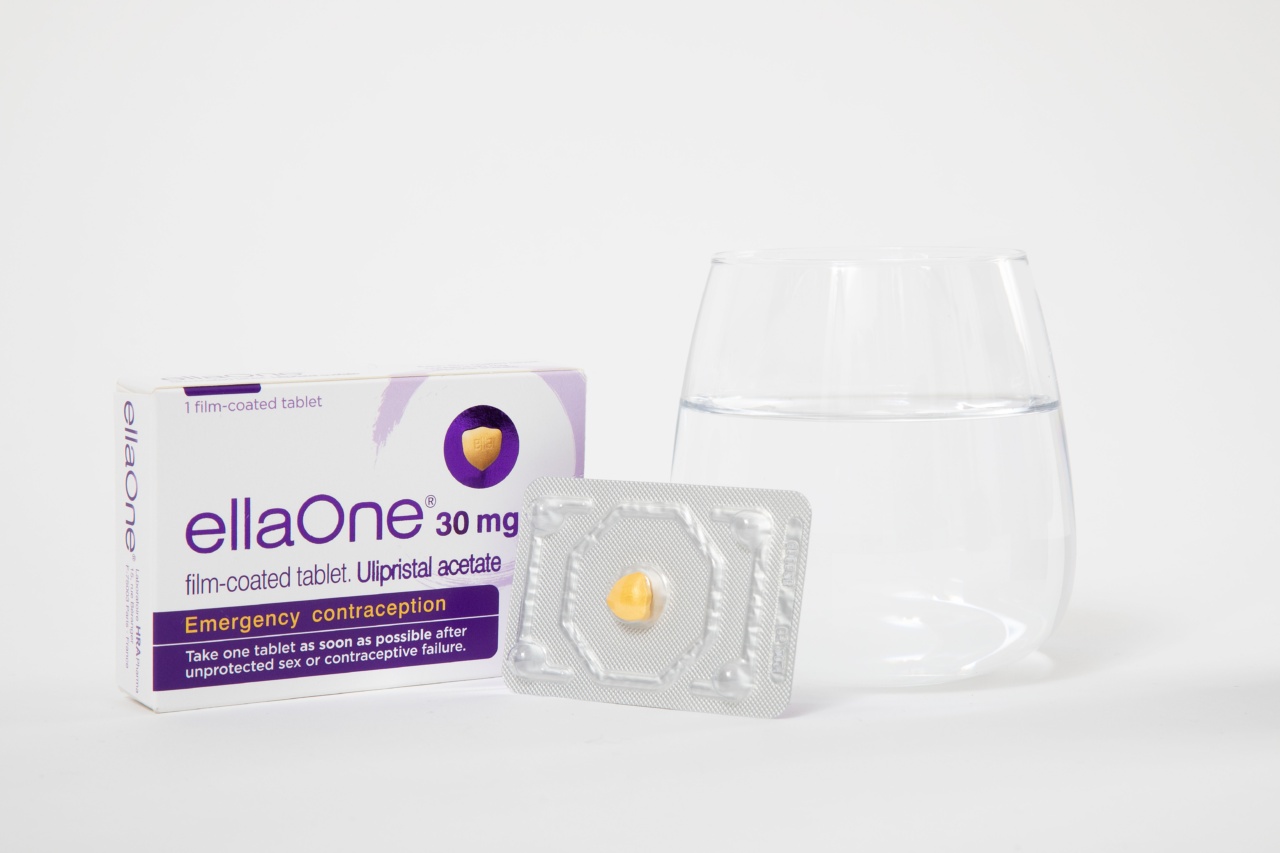Do you want to protect your artery health? You might be surprised to know that enjoying a glass of wine every day could be beneficial for your cardiovascular system.
Wine, especially red wine, contains a variety of antioxidants and other compounds that can lower your risk of heart disease and promote better circulation. Let’s explore the science behind the health benefits of wine and learn how you can enjoy a glass of wine (or grape juice) without overdoing it.
1. How Wine Helps Your Arteries
When it comes to heart health, red wine is often the focus of research. This is because red wine contains a compound called resveratrol, which is a type of polyphenol.
Polyphenols are plant compounds that have antioxidant properties, meaning they can counteract the damage caused by free radicals in your body.
Resveratrol specifically has been shown to reduce inflammation and improve circulation, which can benefit your arteries.
In addition, studies have found that moderate alcohol consumption (for women, up to one drink per day; for men, up to two drinks per day) can raise your levels of “good” HDL cholesterol and lower your levels of “bad” LDL cholesterol. This can help reduce your risk of atherosclerosis, or the buildup of fatty plaques in your arteries that can lead to heart attacks or strokes.
2. Other Ways Wine Can Improve Your Health
In addition to its benefits for your arteries, wine (especially red wine) has been associated with other health benefits as well. Some of these include:.
- Reduced risk of certain cancers: Resveratrol and other compounds in wine have anti-cancer properties, and studies have suggested that drinking moderate amounts of wine can lower your risk of breast, prostate, and colon cancer.
- Improved brain function: Resveratrol may also have neuroprotective effects, which could help protect against dementia and Alzheimer’s disease.
- Better gut health: The polyphenols in wine can promote the growth of beneficial gut bacteria, which can boost your immune system and improve digestion.
- Lower stress levels: Drinking a glass of wine can be a relaxing and enjoyable experience, which can lower your stress levels and improve your mood.
3. How to Enjoy Wine in Moderation
While wine can be a healthy addition to your diet, it’s important to consume it in moderation.
Drinking too much alcohol can have negative effects on your health, including increasing your risk of liver disease, high blood pressure, and certain cancers.
If you’re interested in adding a glass of wine to your daily routine, here are some tips for doing so responsibly:.
- Stick to the recommended serving size: A standard serving of wine is 5 ounces, which is about the size of a small juice glass. Don’t pour yourself a “heavy hand” and risk exceeding your daily limit.
- Choose high-quality wines: Higher-quality wines tend to have higher levels of beneficial compounds like resveratrol. Look for wines that are made from high-quality grapes and have minimal added sugars or other additives.
- Pair your wine with a healthy meal: Enjoy your wine with a meal that’s rich in fruits, vegetables, whole grains, and lean proteins. This can help balance out the calories and sugar in your wine and provide additional nutritional benefits.
- Don’t drink and drive: If you’re planning to drink, make sure you have a safe ride home or choose an alternative like non-alcoholic beer or grape juice.
4. Conclusion
While wine (especially red wine) has been linked to a variety of health benefits, it’s important to remember that moderation is key.
Drinking too much alcohol can have negative effects on your health, and it’s not recommended for everyone (including pregnant women and individuals with certain medical conditions).
If you do choose to enjoy a glass of wine (or grape juice) each day, make sure you’re doing so responsibly and in the context of a healthy diet and lifestyle.
By doing so, you can potentially boost your artery health and enjoy a range of other health benefits as well.






























